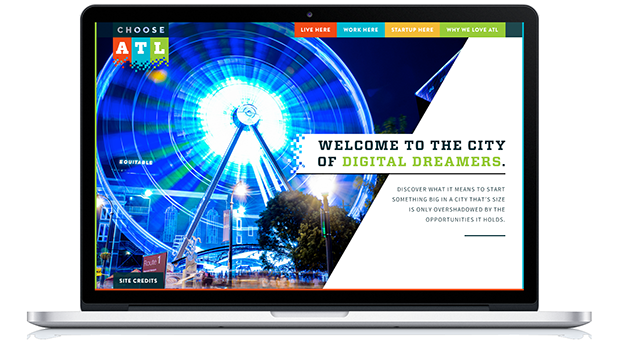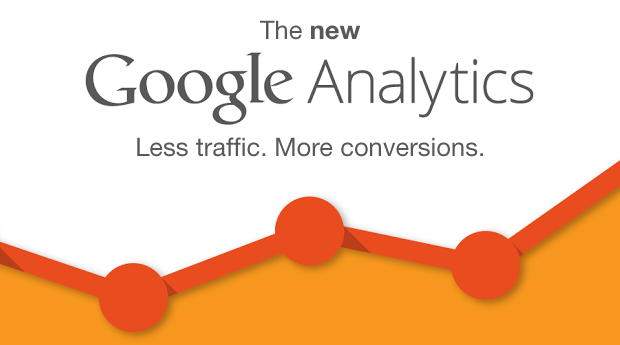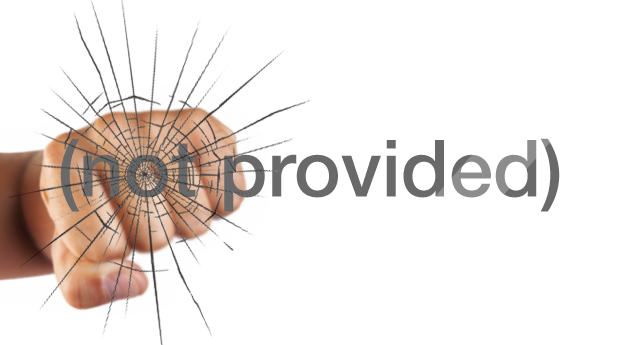Putting the User First in Project Management

Do you remember Schoolhouse Rock’s “I’m Just a Bill”? I loved this song growing up. In it, the bill starts as an idea and by going through a defined process becomes a real bill and eventually a law! To me, this ties in closely with the job of a PM. As the project manager for some unique and very fun clients, I get to take projects from an idea to a real bill!. Or PPC campaign. Or nonprofit website promoting animal welfare. Or any number of exciting outcomes.
I may be completely biased, but I think project managers are amazing. I mean, think about it. Project managers take a thought in someone’s head, plan out all the details, work to make sure there aren’t any major roadblocks in the way, motivate their team to complete the work, and then present a fully finished project at the end to their clients or stakeholders. Just like the bill from Schoolhouse Rock.
THAT’s amazing.
At a lot of places, though, PMs can be a bit undervalued. On the surface, our job is easy. Some might think that all PMs do is assign deliverables for other team members to complete or nag people about when they’re going to be finished. When you think of it that way, are Project Managers really necessary?
The answer is yes… of course! But it’s not because you need someone to define scope, assess potential risks, and manage timelines for deliverables. Good PMs do those things and do them well. However, it’s the PMs that go beyond just getting the project completed and out the door that make themselves indispensable to their teams. To become a Great PM, you have to learn to put the end user first.
We Choose ATL

This city has given us a lot. We first started Nebo in a third floor walkup in downtown Atlanta – on Mitchell Street to be precise. The rent was $925/month. It had big windows and great lighting, and we had access to the best shoe cobbler in the city on the bottom floor.
Atlanta was the perfect place to get a company off the ground. It had big brands we could pitch, an abundance of talent to recruit and a community who opened their arms to welcome us as a new firm. Even potential competitors gave us advice and guidance when we first started. Southern hospitality is real.
Then eight years ago, we moved to the fledgling West Midtown design district. Nebo, Octane Coffee, Rocket Science Group (best known for MailChimp) and a few other digital firms were some of the first to migrate to this now vibrant part of town.
The Storied History & Macrocosmic Future of SEO

The first time someone tried to design a web page with a search engine algorithm in mind is lost to history, but we do know that since its beginnings in the early ‘90s SEO has grown from a siloed marketing activity with little love and Wild West tactics to an important piece in the art of building a modern brand in a digital world.
The history of SEO is in many ways a microcosm of the history of modern marketing, and provides lessons about not just where marketing has come from, but also where it’s headed in 2013 and beyond.
Applying Human-Centered Design to Complex Interactive Experiences

The world is becoming increasingly complex. There are more platforms, more devices, and more complexity than ever. Today’s digital interfaces aren’t as self evident as yesterday’s mechanical ones and, with more choices than ever, people won’t tolerate interfaces that aren’t elegant and intuitive. They’ll just go elsewhere for a better solution to their problems.
That’s why we need Human-Centered Design.
By understanding the needs, wants, perceptions and aspirations of our users, we can build better experiences.
While there are no shortcuts to building great experiences, here are a few small steps you can take toward humanizing your design process.
The New Google Analytics Interface

In a few weeks, Google Analytics is expected to roll out a new user interface. We were lucky enough to beta-test the new GA prior to its release, but before we give you the inside scoop on all the new features, we think its important to understand the reasoning behind some of the changes Google is making. It’s not just aesthetics. It’s not just a simple UX update. This time around, Google is substantially altering the way in which they’re presenting information, and if we know anything about Google, it’s that they don’t do anything without a purpose.
Google wants users to start thinking beyond just visits. They want people to account for the entire conversion funnel, how users behave on their site and how it all ties together. They want to help people move beyond just measuring overall traffic numbers by making conversion information more visible than ever before. It is clear that the focus of this update is to change the analytics paradigm in a forceful way. Google is done trying to educate people. Now they’re changing their product and forcing everyone to adapt.
Keyword Insights in a World of (not provided)

September 23rd, 2013 – A day the SEO world won’t soon forget. Although Google has been weaning us off our keyword referring data since October 2011, earlier this month we learned that SSL encryption would be extended to all users regardless of whether or not they were signed in to any Google property.
In the new era of (not provided), we are forced to reexamine how we utilize analytics data to craft our marketing strategies. This change not only impacts SEO practitioners, but brand strategists, digital PR professionals, and any business owner who has a presence online; in other words: everyone.
Let’s face it: we just got dumped. Google gave us the “It’s not you. It’s me” and left us feeling cold and alone. Rather than sending melodramatic text messages at 3 a.m. and looking to adopt a cat to fill this void left by our beloved keyword data, it’s time for us to move on. Digital marketers are resilient and not unfamiliar with needing to pivot as times change and search engines evolve.